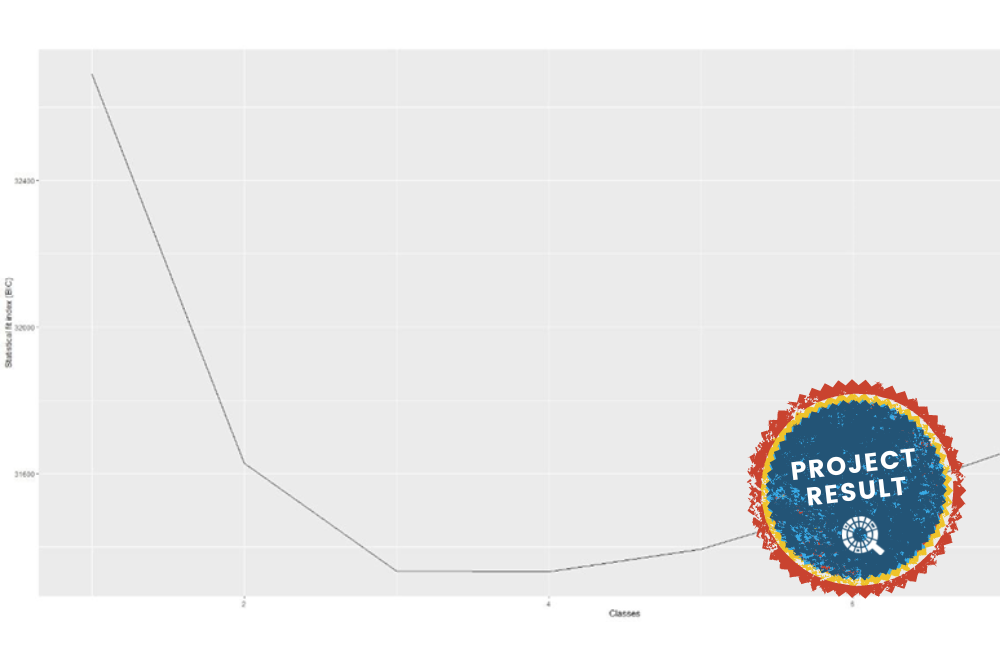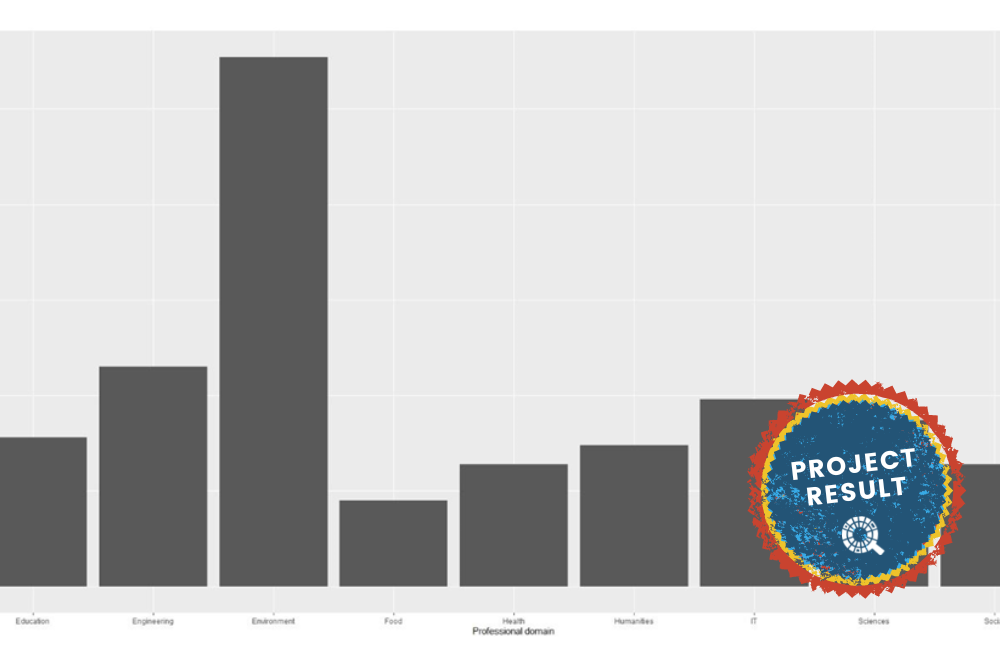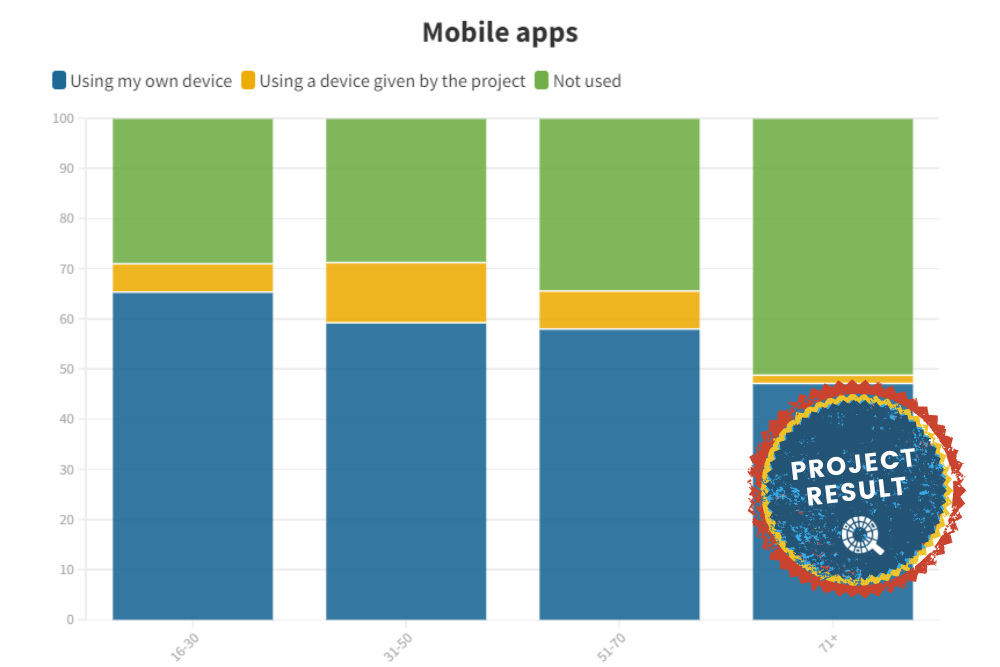Economic considerations receive surprisingly little attention amongst the Citizen Science research community. This, together with the apparently greater attention paid to “non-economic” factors (e.g., educational gains) may increase the number of CS projects to socially desirable levels.
Some reflections further to a preliminary inquiry into the subject in the CS Track project
Recently, while contributing to the preparation of one of CS Track project’s deliverables, I made a preliminary inquiry into economic concepts and considerations that should be deemed relevant in the context of Citizen Science (CS). As an economist, economic aspects and financial models are of particular interest to me and form, in my opinion, a significant element in an analysis of any sector.
Plunging into the research literature, I found that the following are concepts that, among others, deserve attention in this context: (Hover over the image).
Underlying all the above, though, there is another, maybe more fundamental question: what is the real weight of economic considerations in CS? This question started my thinking in several different directions about the extent to which attention is paid to the economic aspects of CS projects.
Indeed, behind these questions and reflections was my suspicion that the attention paid to economic factors in CS is not particularly high, in relative terms. It is important to keep in mind, however, that what follows are only initial reflections, not yet grounded on prior research. They should be taken as hypotheses to test in due time, which could potentially spark further ideas.
A first question worth asking is probably: in a standard CS project, how, when and to what degree do economic considerations emerge? To be sure, initiators do estimate costs and compare alternatives before launching and during CS projects, but those estimations and comparisons seem to be approached differently – and to produce different consequences – than in “normal” projects or similar endeavours. In fact, when a project is conceived as a CS project, what is the meaning of comparing its (foreseen) economic parameters with those of the same project conceived for a non-CS implementation? Can this be really done, i.e., does a CS project always have a non-CS equivalent? In a sense, it seems that the more a project is naturally suited1 for a CS realisation, the less pertinent economic considerations appear to be in the overall set of considerations that would eventually bring the project into being (or not) and determine its characteristics.
1. The adjectives “naturally suited” or “good” that are used here for some CS projects are not meant to convey any absolute judgment – which obviously does not exist – but just to facilitate the exposition of the idea.
What do we mean here by “naturally suited” for CS? An example may clarify the point. Inspired by the account of a large CS project I read about in the Scientific American magazine2 dealing with tracking a total solar eclipse across the U.S. and learning about the sun, I thought of a characteristic that some “good” CS projects may share, namely, the presence of key aspects in the make-up or operation of the CS project that are not forced, or artificial, in character but inherently match the project and its theme. In the solar eclipse project, there were two aspects which, in my view, made it particularly suitable as a CS project. The first was the geographical spread of participating young citizen-scientists and the second was the way in which (common) amateur optical equipment and (ubiquitous) ICT were used. These aspects combined to serve the purposes of the activity. They also meant that participants were made to feel important in the process of creating new knowledge as real actors and beneficiaries of a truly collaborative enterprise. The identification of this characteristic in any project could be a success indicator, and it is likely that signs of interest, commitment, curiosity or initiative on the part of the participating citizen-scientists are hints to its presence.
We would, in a quite straightforward way, look for characteristics of this kind in any project that is (or is planned to be) a CS project. Yet, in a project like this, what role do we expect “economic considerations” could fulfill? Of course, the cost of the project would be estimated before its launch, and some decisions would be taken accordingly. But does it really matter if the cost of hiring scientists and flying/transporting them to, say, 5 or 10 different geographical locations along the eclipse’s path is higher or lower than recruiting hundreds of young volunteers living along the same path to observe the sun and communicate their findings to the other participants? Would the two alternative projects be really the same or reasonably comparable? It does not seem so.
Conclusions
We should be ready to accept, then, that “good” CS projects, those that look to us as if the CS modality were the “natural” way to carry them out, do not make economic factors the most (or the only) central issue in their stories. Instead, other factors occupy, or share, their focal cores, such as the scientific significance of the project and the associated benefits to education and society. Questions like “are we saving costs if we run this project with citizen scientists?” often lose much of their meaning and power as decision factors particularly when “naturally CS” projects are considered.
To be sure, economic considerations do not vanish, and key decisions and important developments – e.g., feasibility, scalability and sustainability issues – will ultimately depend on them. But CS seems to be an area in which economic and non-economic considerations achieve a unique interplay, likely to carry the seed for more socially beneficial endeavours.
References
The list of references and publishable portions of the CS Track project’s deliverable section that inspired this note will be available from the author, upon request, as soon as the deliverable is cleared for publishing by the European Commission, the project’s funder. Rather than a formal list of references, the following are some suggested readings, which contributed to the formation of my “reflections” as presented above:
- Bonney, R.; T. B. Phillips; H. L. Ballard; J. W. Enck (1 January 2016). “Can citizen science enhance public understanding of science?”. Public Understanding of Science. 25 (1): 2–16. doi:10.1177/0963662515607406. PMID 26445860. S2CID 34578076.
- Drollette, D. (29 March 2012). “Citizen science enters a new era“. BBC. Archived from the original on 18 October 2014. Retrieved 4 October 2014.
- ECSA – European Citizen Science Association (September 2015). “10 Principles of Citizen Science (English)” (PDF). ECSA. Archived (PDF) from the original on 22 August 2016. Retrieved 18 August 2016.
- Fauver, B. M., (2016). “Is citizen science worth it? Economic decisions of natural resource managers” (Master’s Thesis). Retrieved from https://bit.ly/3vrDy5E
- Maccani, G., Goossensen M., Righi V., Creus J. and Balestrini M., Scaling up Citizen Science – What are the factors associated with increased reach and how to lever them to achieve impact, Publications Office of the European Union, Luxembourg, 2020, ISBN 978-92-76-25157-6, doi:10.2760/00926, JRC122219
- Sauermann, H.; Chiara Franzoni (20 January 2015). “Crowd science user contribution patterns and their implications”. Proceedings of the National Academy of Sciences of the United States of America. 112 (3): 679–684. Bibcode:2015PNAS..112..679S. doi:10.1073/pnas.1408907112. PMC 4311847. PMID 25561529.
- Theobald, H.; A. K. Ettinger; H. K. Burgess; L. B. DeBey; N. R. Schmidt; H. E. Froehlich; C. Wagner; J. HilleRisLambers; J. Tewksbury; M. A. Harsch; J. K. Parrish (1 January 2015). “Global change and local solutions: Tapping the unrealized potential of citizen science for biodiversity research”. Biological Conservation. 181(2015): 236–244. doi:10.1016/j.biocon.2014.10.021.
- Vohland, K., Weißpflug, M. and Pettibone, L., 2019. Citizen Science and the Neoliberal Transformation of Science – an Ambivalent Relationship. Citizen Science: Theory and Practice, 4(1), p.25. DOI: http://doi.org/10.5334/cstp.186 Available from https://bit.ly/3vreko6
- Photo by Scott Graham on Unsplash
















